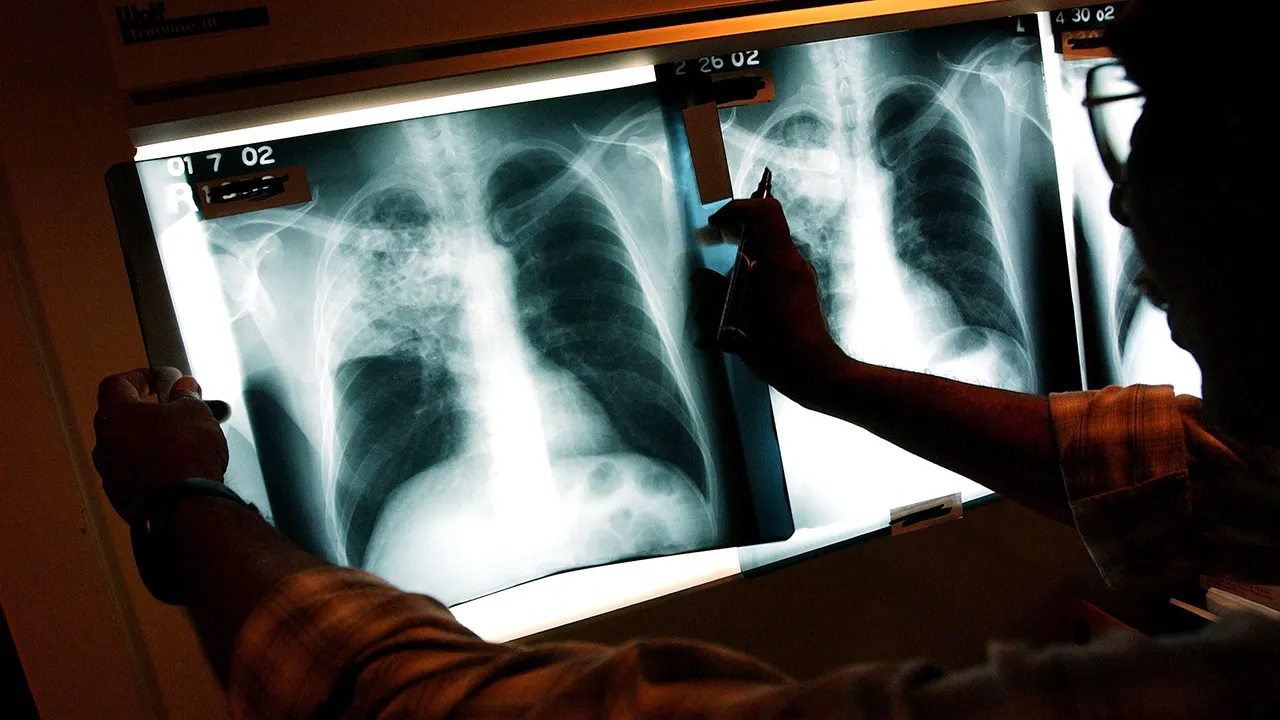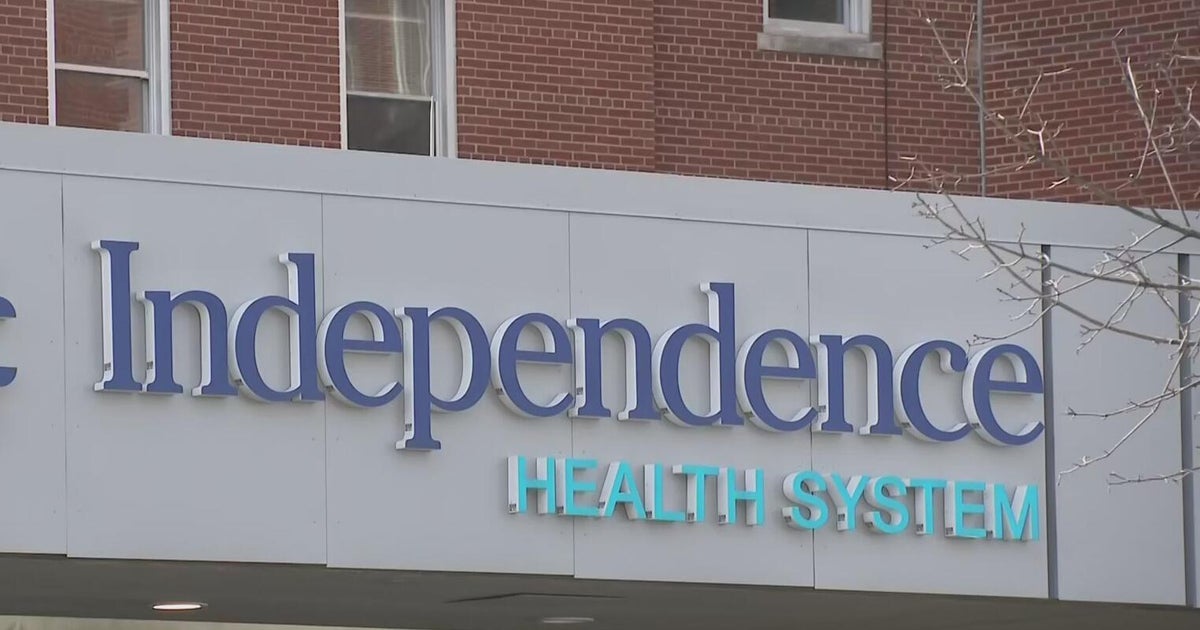Alarm Rises: Maine Confronts Triple TB Threat as National Infection Rates Surge

Health authorities in Maine are taking swift action following the discovery of three tuberculosis cases in the Greater Portland region. The local public health team is now conducting a comprehensive contact tracing effort to identify and test individuals who may have been exposed to the bacterial infection.
Tuberculosis, a serious respiratory disease that can spread through airborne transmission, has prompted health officials to launch an immediate investigation. Their primary goal is to prevent potential further spread and protect community health by quickly identifying and screening those who might have come into contact with the infected patients.
The investigation involves carefully mapping potential exposure routes and reaching out to individuals who may have been in close proximity to the confirmed cases. Medical professionals are emphasizing the importance of early detection and treatment, which are crucial in managing and containing tuberculosis.
Residents in the Greater Portland area are advised to stay informed and cooperate with local health authorities if contacted for testing or screening. Health officials are committed to transparency and will continue to provide updates as the investigation progresses.








